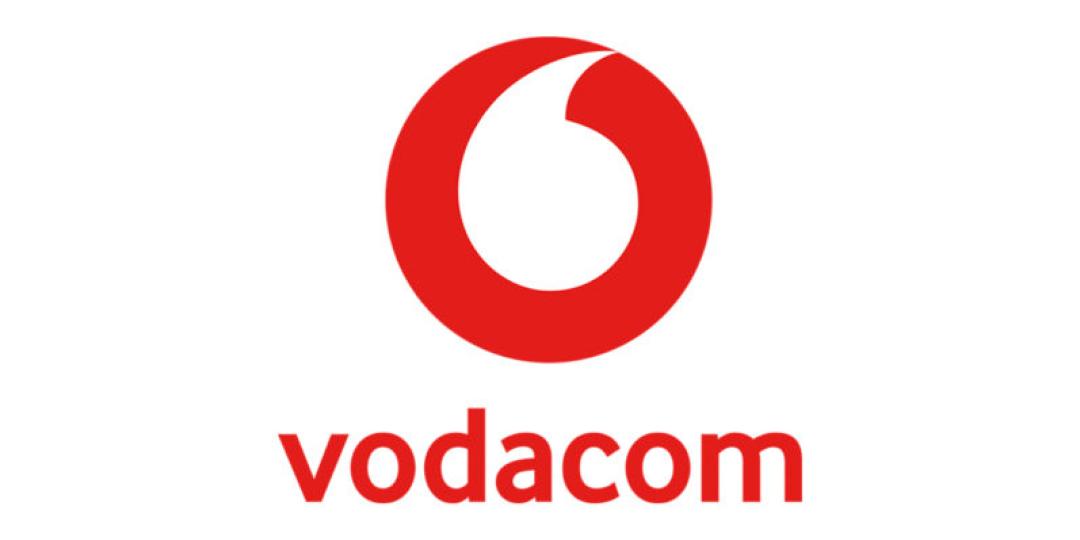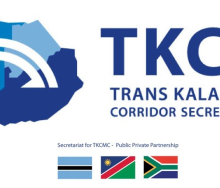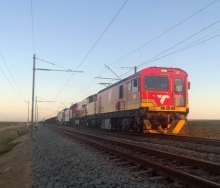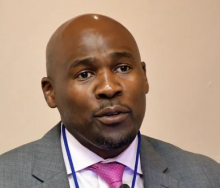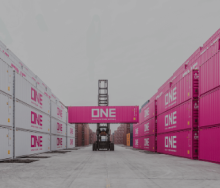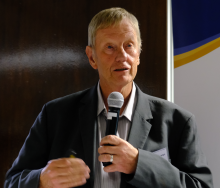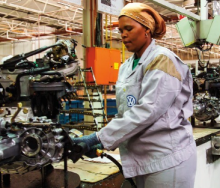Vodacom will invest R1 billion into its mobile network in KwaZulu-Natal to improve connectivity, including rolling out additional 5G sites, in a boost for businesses across the region.
Vodacom’s managing executive Imran Khan highlighted the company’s plans to expand and strengthen its position in the province, as well as address the massive business cost of combatting load-shedding and vandalism, at a media briefing in Durban this week.
He said the investment would be used to improve regional coverage reach, capacity and network resilience, and to accelerate access to internet connectivity throughout the province, particularly in deep rural areas and townships.
“This significant investment into the region’s mobile network drives our goal of building an inclusive, digital society. By increasing access to reliable, quality connectivity, such as the deployment of more sites and network upgrades, as well as continuing to deliver an exceptional network experience to our customers, we can help to ensure the benefits of digitalisation are within the reach of all communities,” Khan said.
He added that R444 million of the firm’s 2022/23 capital expenditure would go towards radio access network-related projects, R135m had been allocated for regional network capacity and upgrades, R85m would be spent on improving network resilience, optimisation and operations, and R17.5m would be invested in core network infrastructure upgrades and projects.
The firm also plans to expand its LTE capacity to 704 base station sites. A total of 99.5% of the region’s population has access to its 3G coverage, while 97.6% has access to 4G.
“We are rolling out 27 new urban sites and 43 new deep rural sites across KwaZulu-Natal this financial year to expand this reach, and, importantly, connect the unconnected to online resources, such as education, healthcare, and financial services that have the potential to transform lives,” Khan said.
The KwaZulu-Natal region now has more than 200 sites on 5G, with the rollout ongoing in the current financial year to add another 61 sites. Khan said 5G connectivity would support more widespread use of technologies like the Internet of Things and Software-Defined Wide-Area Networking. For businesses in particular, 5G has the potential to unlock data-driven productivity that will fuel the economy.
“We are hoping to increase this 5G site count even more as the spectrum implementation process continues. At the moment, metro and high-demand areas in the region are benefiting from 5G, but our aim is to expand the coverage reach and capacity so that all sectors of the economy, from agriculture to small businesses, can widely utilise new technologies, such as the Internet of Things, to boost sustainable productivity,” Khan said.
The firm also needs to invest R70m in backup energy to keep base stations online during load-shedding.
“Load-shedding, battery theft and vandalism at base stations, and the recent floods all have had an enormous effect on our network infrastructure in the region. Keeping our customers connected when they need it most remains a priority. We have managed to overcome these obstacles through our increased investment in backup energy solutions,” added Khan.
He said the investment had enabled the firm to increase site power standby time from four to eight hours, which had a significant impact on network availability during longer outages of stage 4-6 load-shedding, as well as after the recent flood damage. The firm had also deployed more than 180 generators to assist with backup power in the event of any disruption, and it was procuring another 75 to increase network capacity.
